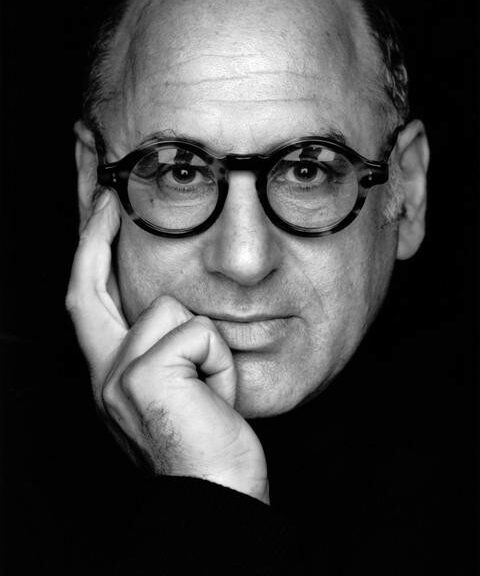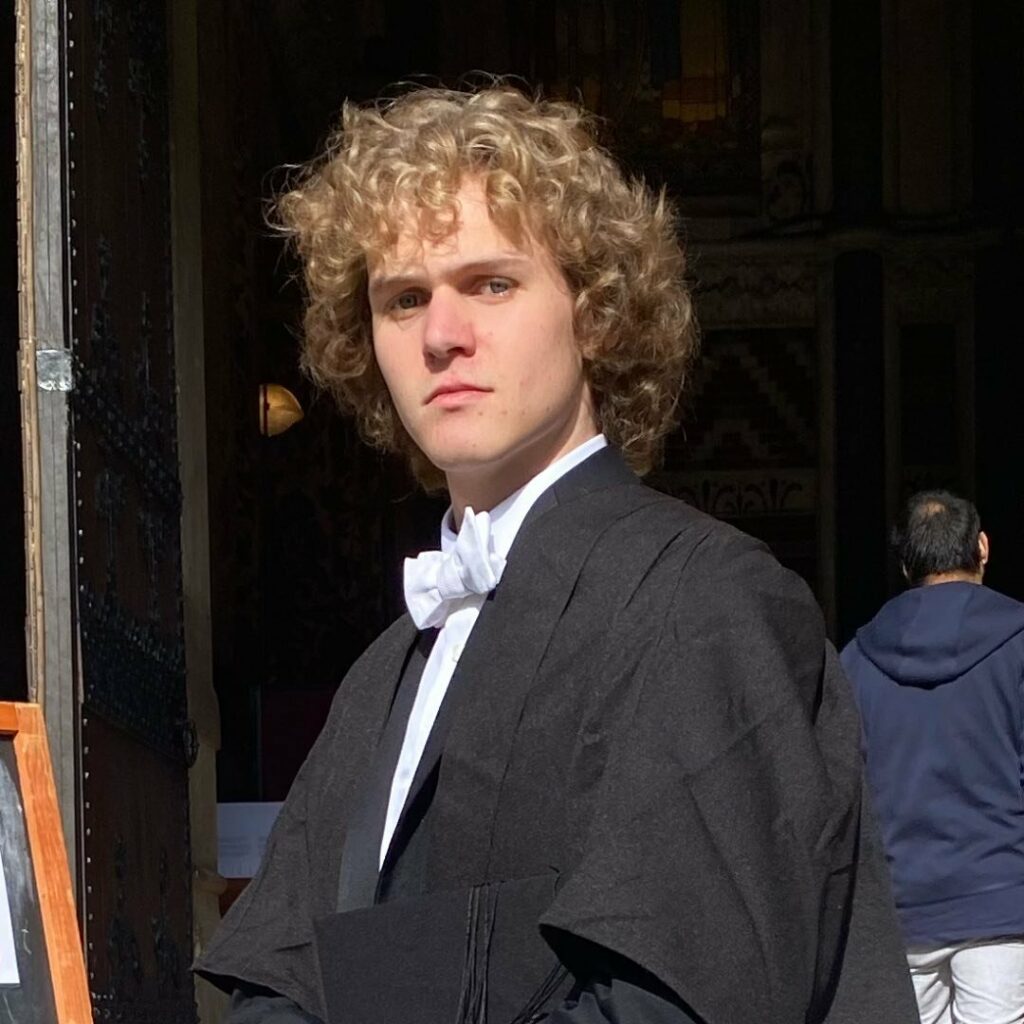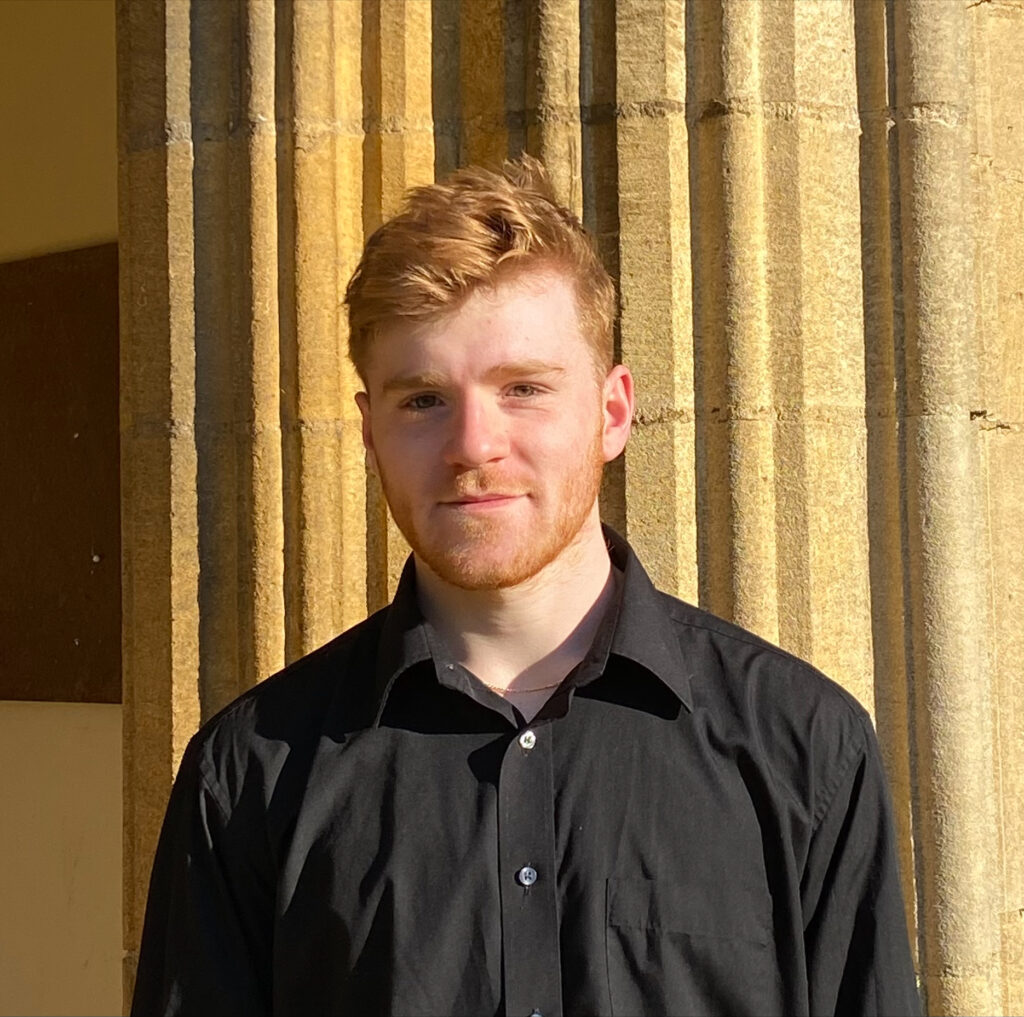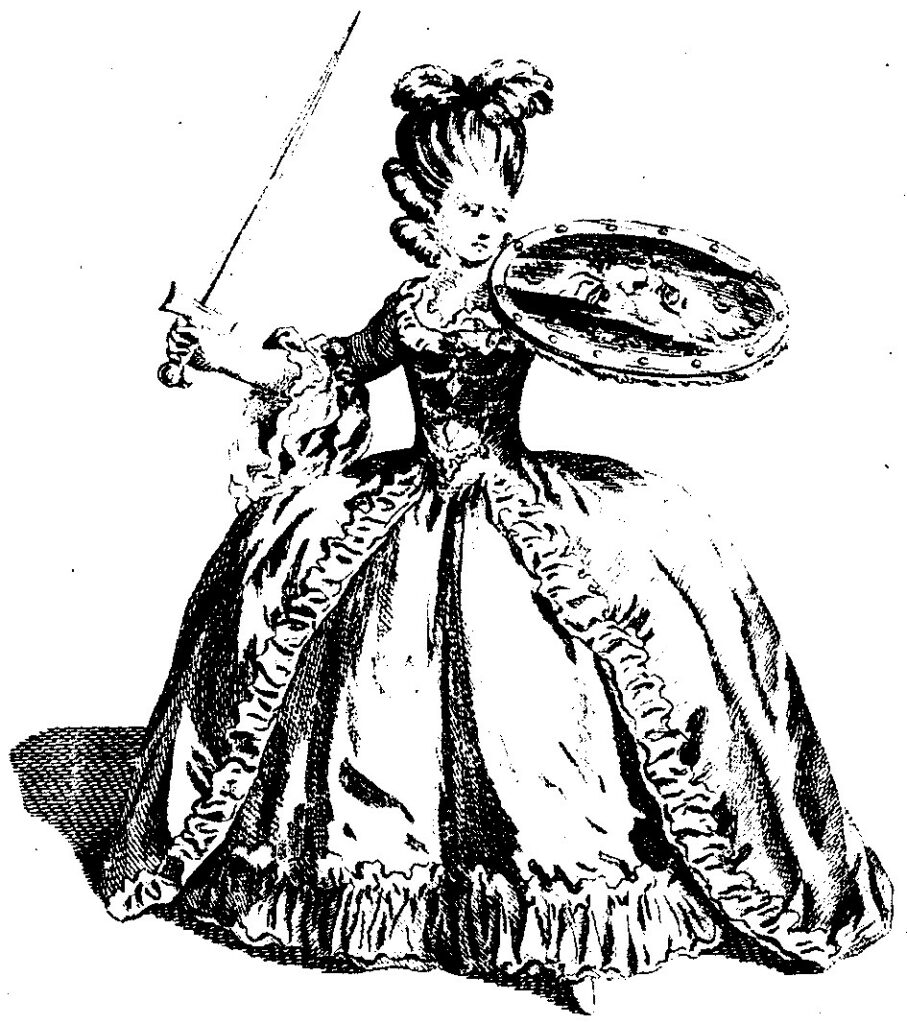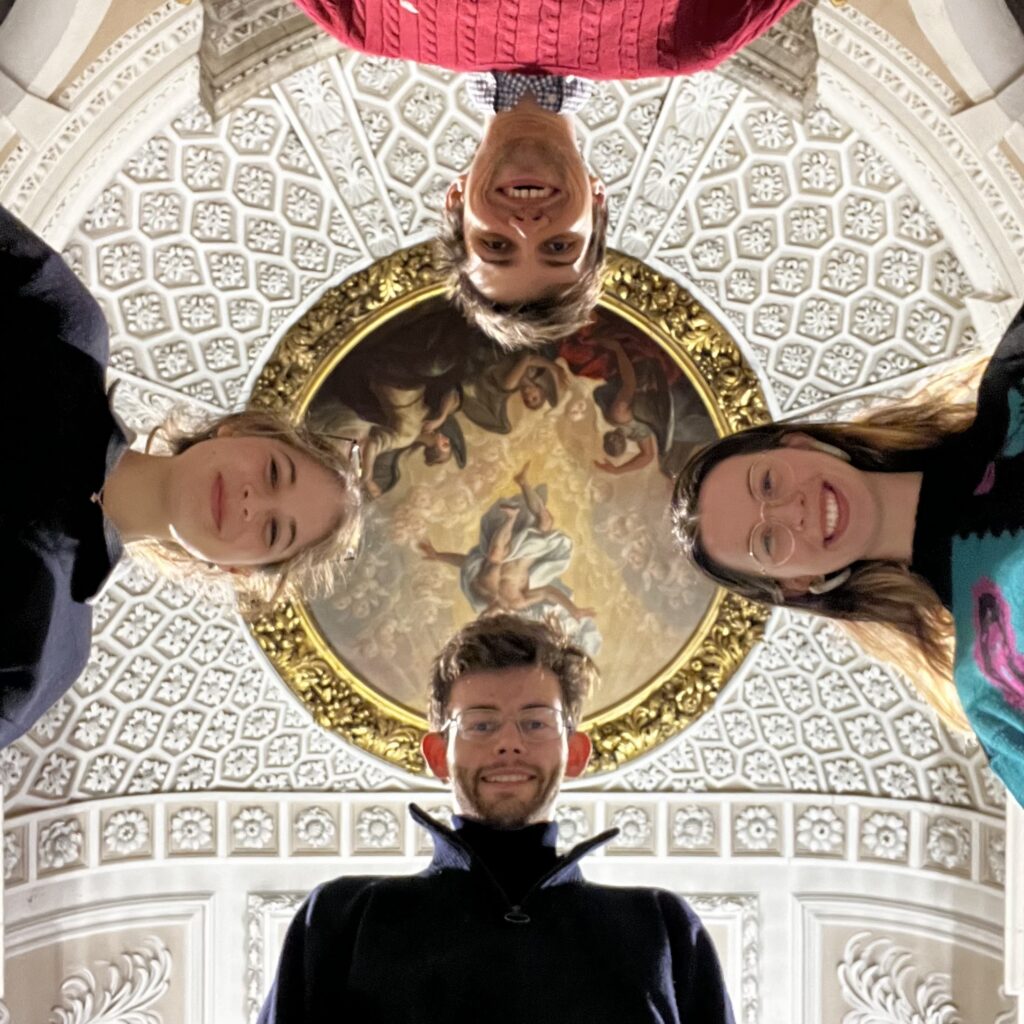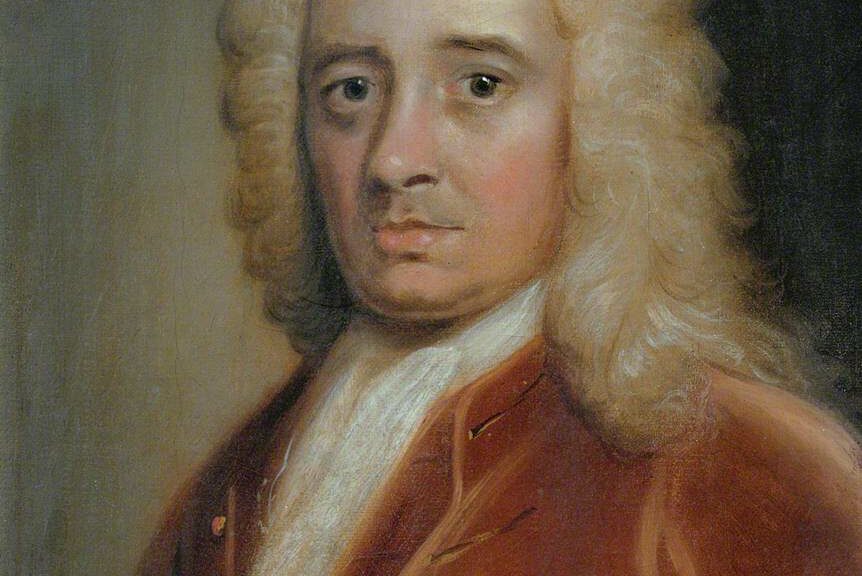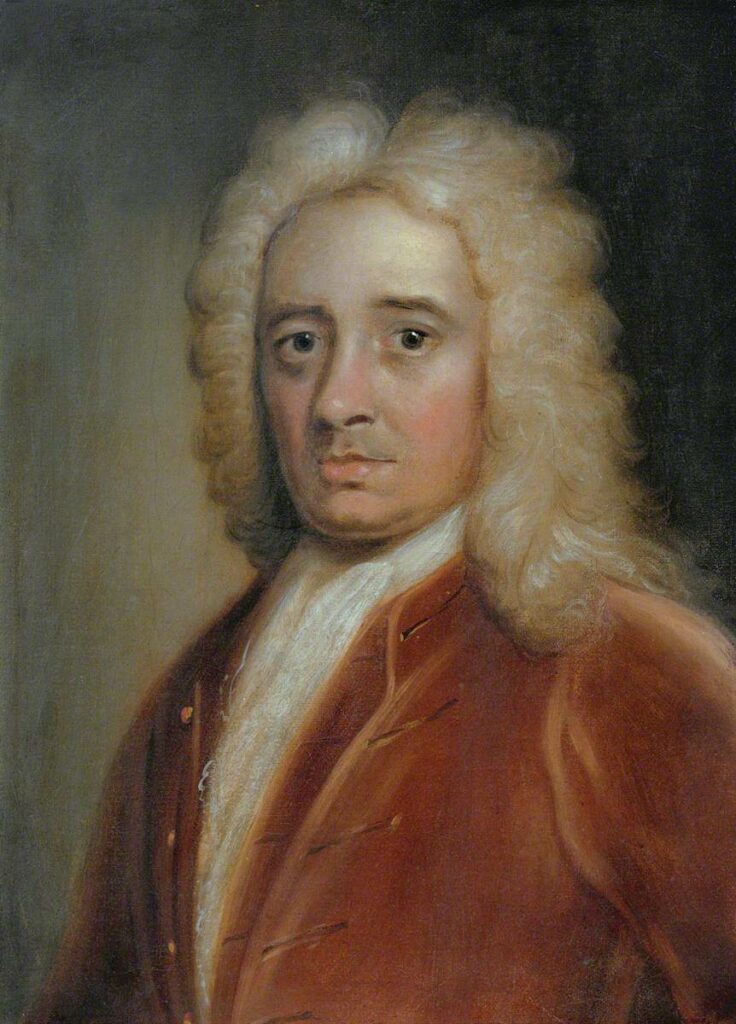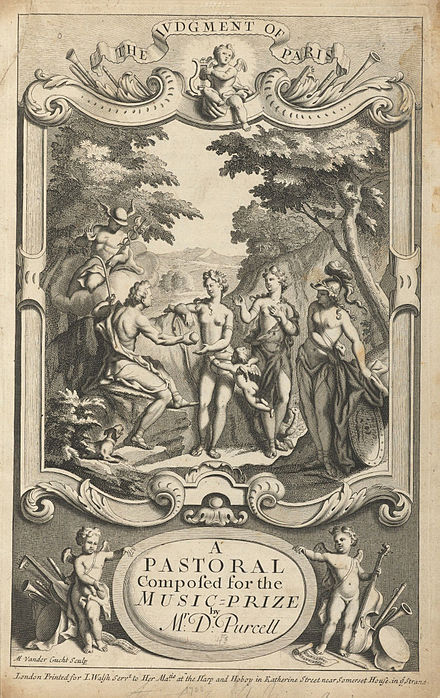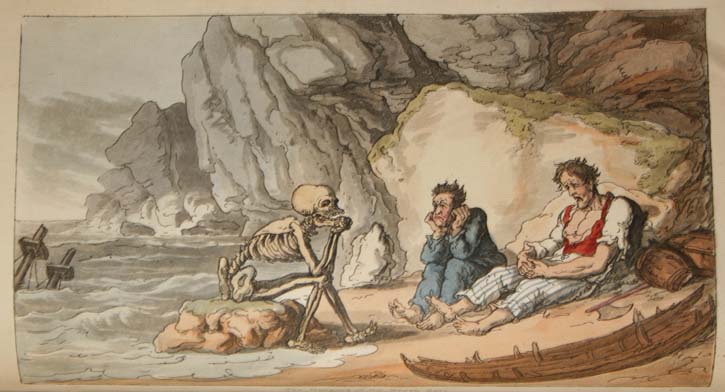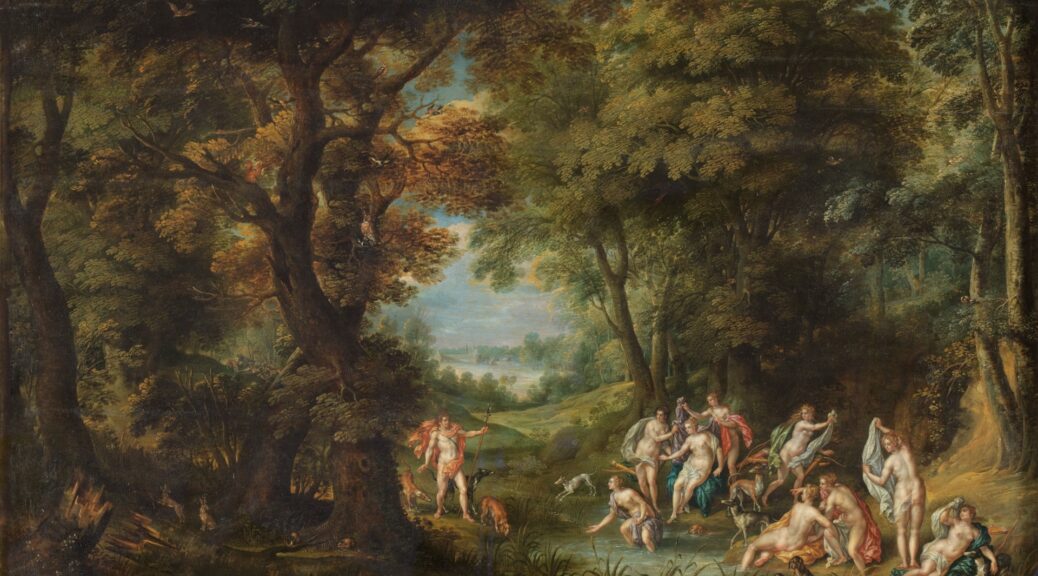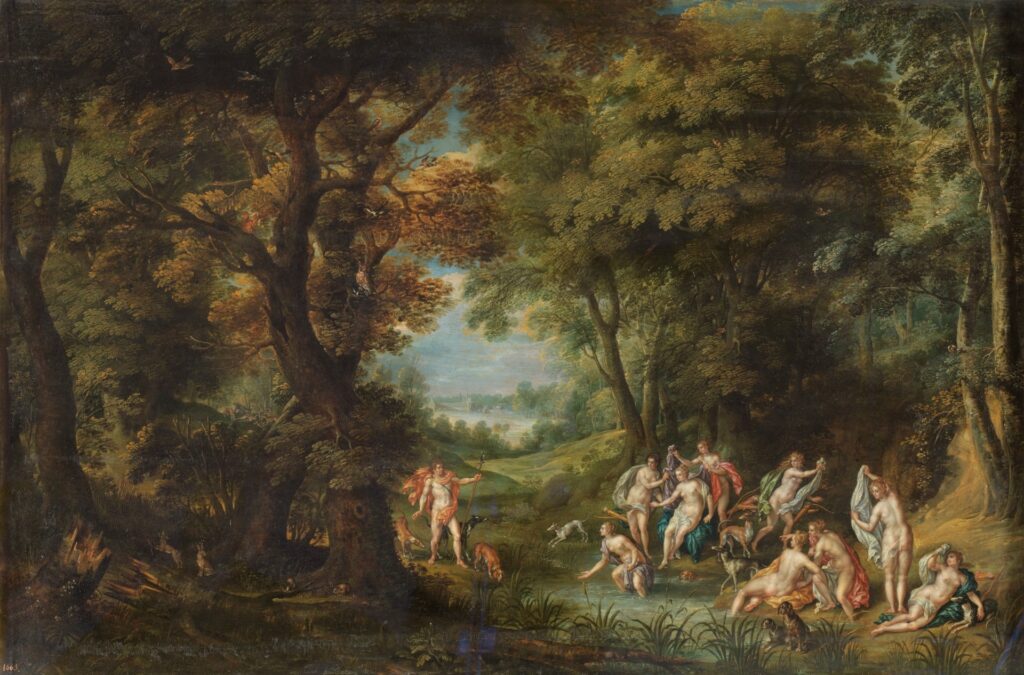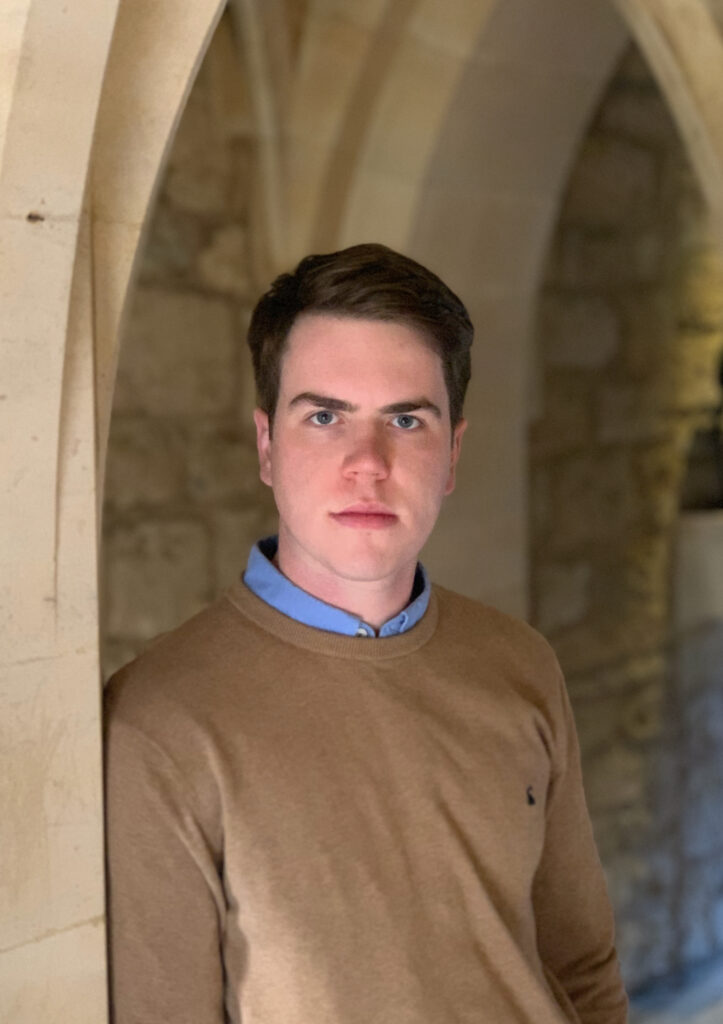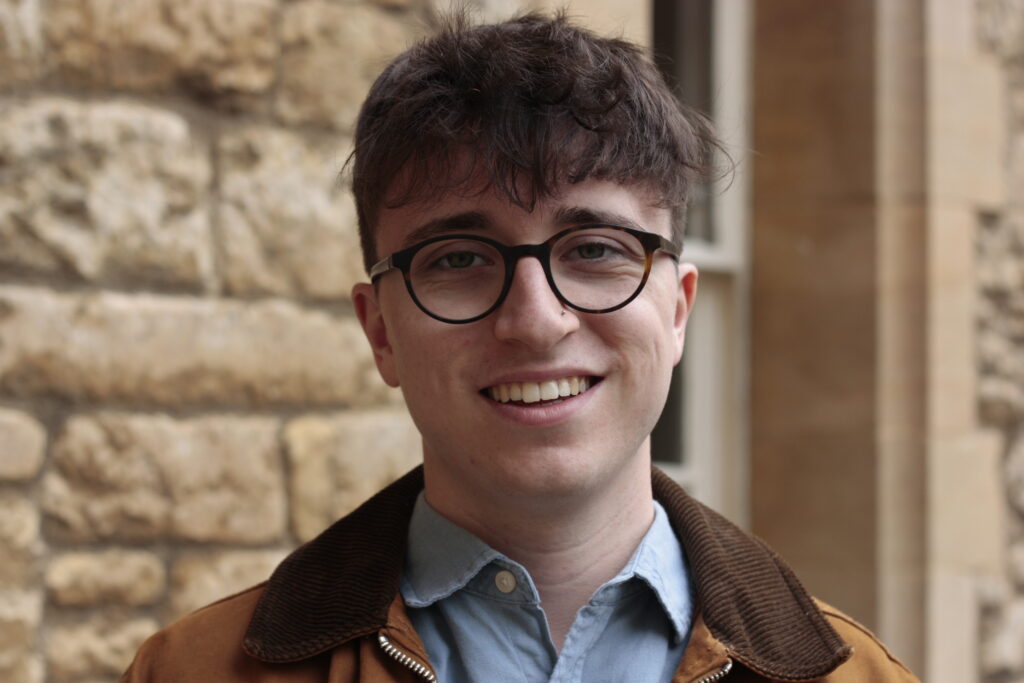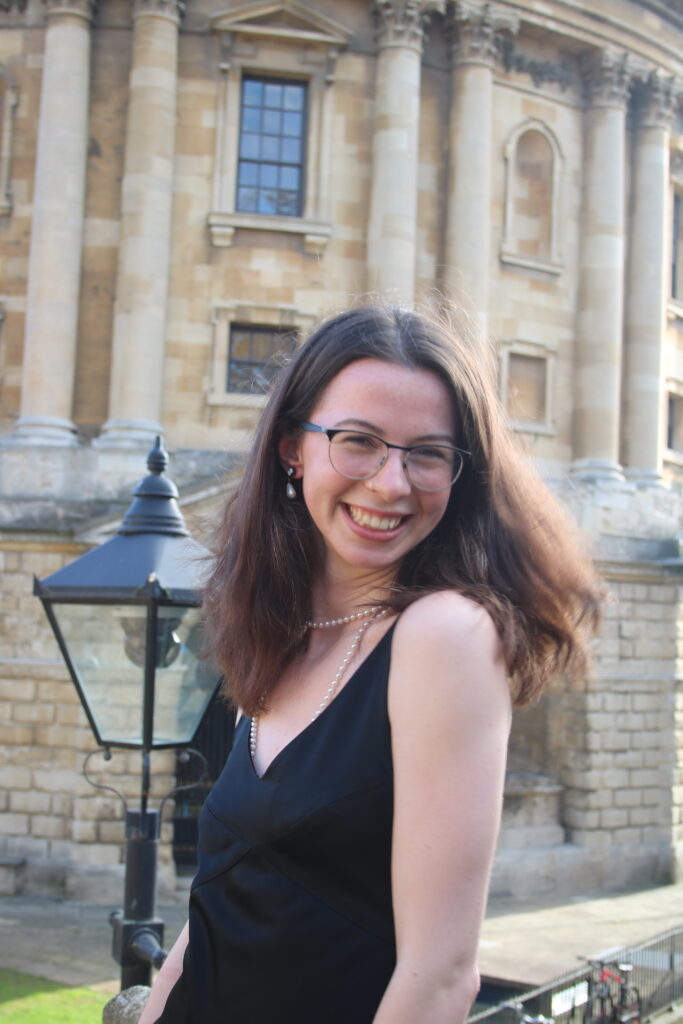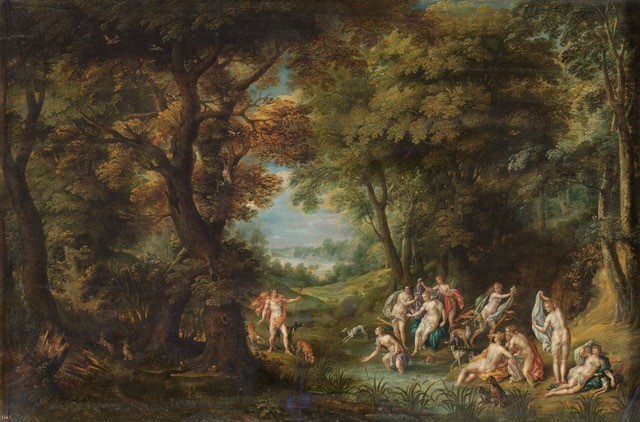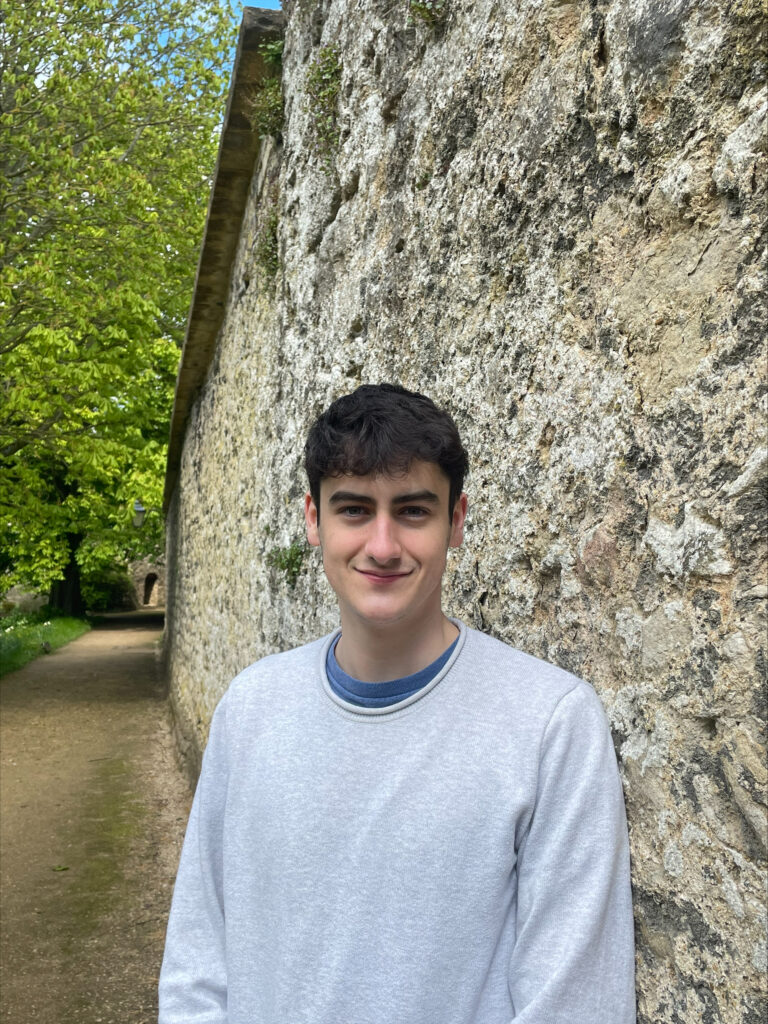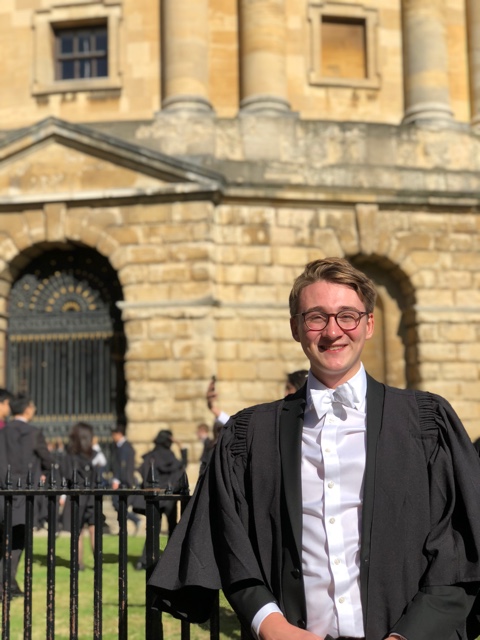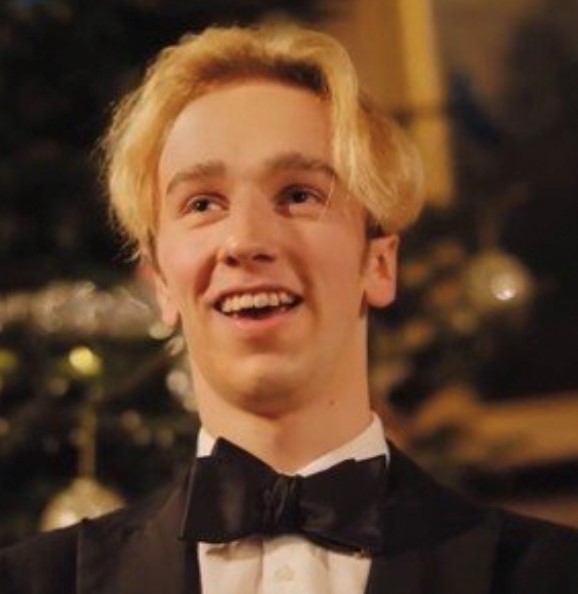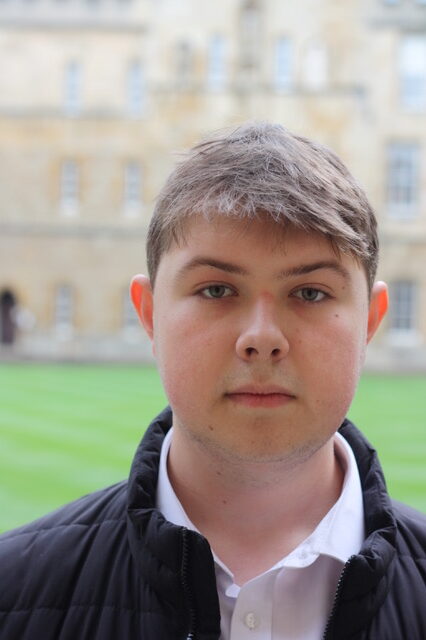The Draughtman’s Contract; Prospero’s Books
Harpsichord Concerto BWV 1052
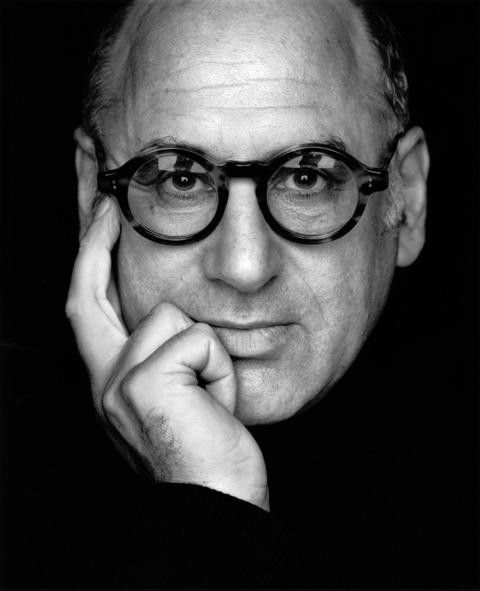
Conductor: Alessandro Mackinnon-Botti
Harpsichord: Luke Mitchell
New College Ante-Chapel
7 March 2024
8.30pm
To note: this concert has been incorrectly advertised in some places as taking place on 5 March 2024.
Tickets from: https://www.ticketsource.co.uk/whats-on?q=New%20chamber%20opera
The composer Michael Nyman, whose music features in this concert, is a composer, librettist and musicologist, known for his collaborations with the filmmaker Peter Greenaway. Greenaway’s The Draughtman’s Contract, released in 1982, is a murder mystery set in 1694 in a country house in Wiltshire (the house is the film is Groombridge Place). The draughtsman, who is murdered in the final scene, has been employed to draw a number of views of the estate, each one of which forms an episode of the story and of music, which borrows freely from the music of Henry Purcell. Prospero’s Books, a later Peter Greenaway film from 1991 British is an adaptation of Shakespeare’s The Tempest, in which Sir John Gielgud plays Prospero. The conceit is that Prospero is Shakespeare, who in the film constructs the play inside his head, and at the end of the film sits down to write The Tempest.
Bach’s Harpsichord Concerto BWV 1052 in d minor was extent by 1734 in a version that originally consisted only of the orchestral parts; the solo part was added in later, and the whole copied by Bach himself in 1738 into the manuscript of all eight of his concertos, BWV 1052–1058. The work was written in stages, with all three movements being used as movements in cantatas.
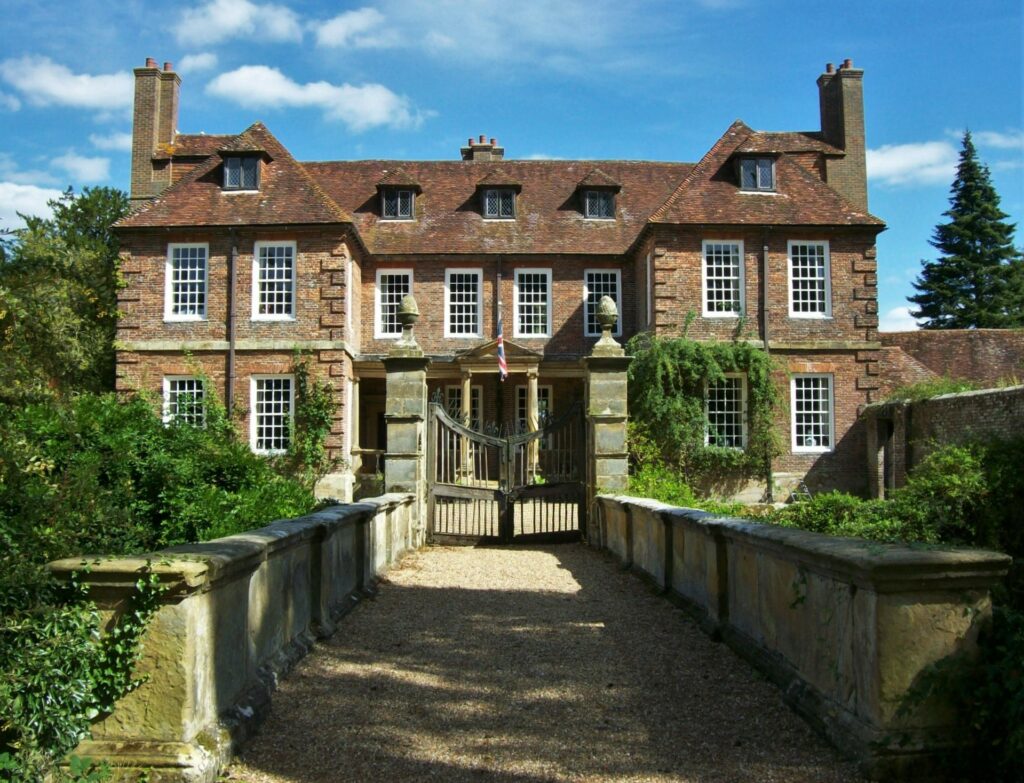
 New Chamber Opera
New Chamber Opera